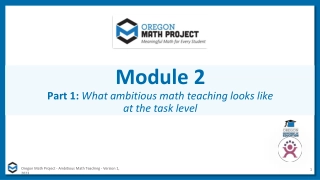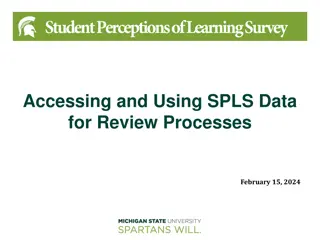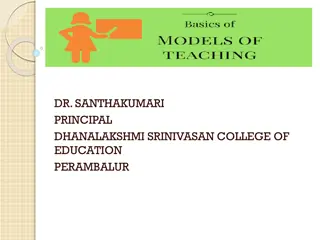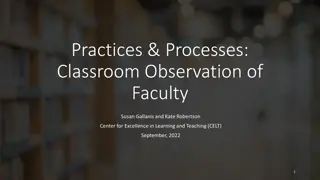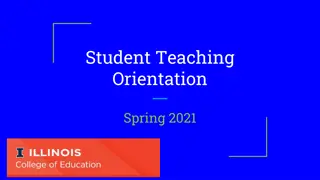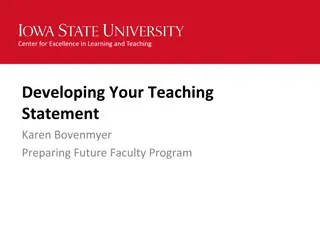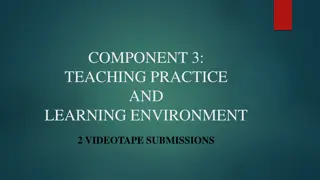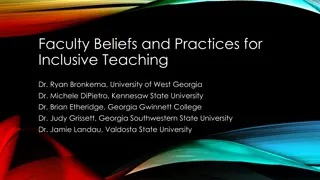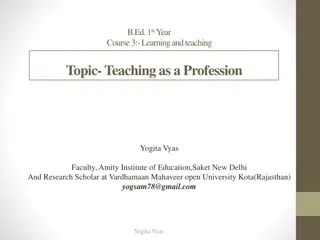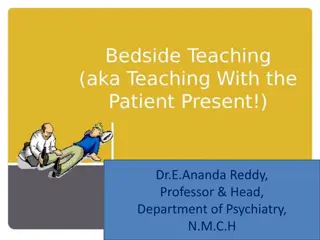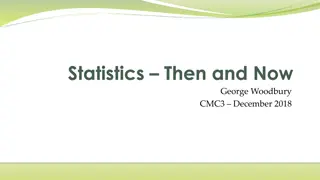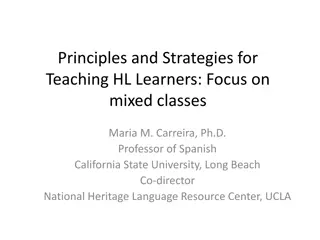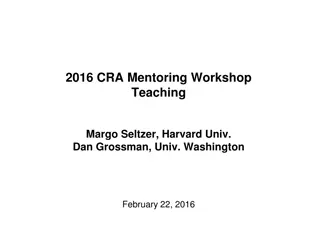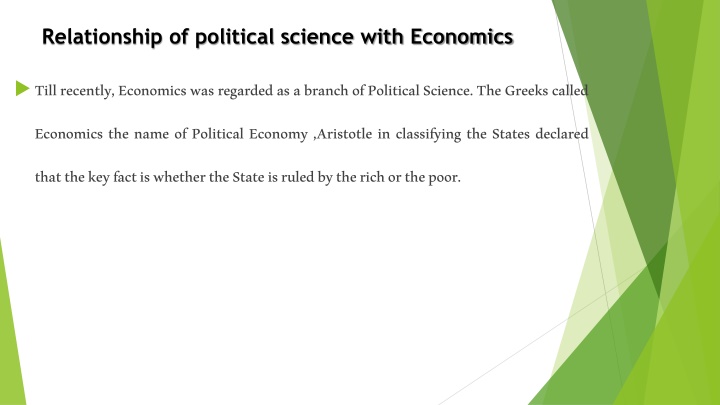
Relationship Between Political Science and Economics
Explore the historical connection between Political Science and Economics, from being considered branches of the same discipline to their modern-day distinction as separate fields. While their focus diverges, both disciplines remain intertwined in their pursuit of society's welfare and economic stability under governmental oversight.
Download Presentation

Please find below an Image/Link to download the presentation.
The content on the website is provided AS IS for your information and personal use only. It may not be sold, licensed, or shared on other websites without obtaining consent from the author. If you encounter any issues during the download, it is possible that the publisher has removed the file from their server.
You are allowed to download the files provided on this website for personal or commercial use, subject to the condition that they are used lawfully. All files are the property of their respective owners.
The content on the website is provided AS IS for your information and personal use only. It may not be sold, licensed, or shared on other websites without obtaining consent from the author.
E N D
Presentation Transcript
Relationship of political science with Economics Tillrecently,EconomicswasregardedasabranchofPoliticalScience.TheGreekscalled Economics the name of Political Economy ,Aristotle in classifying the States declared thatthekeyfactiswhethertheStateisruledbytherichorthepoor.
He also observed that the way the bulk of the people earn their living, whether they are farmers, herdsmen, mechanics, shopkeepers, or day-laborers, will have much to do determiningtheState snatureitsgovernment.Hisdiscussiononrevolutionisalsobasedon thepropositionthatthestrugglebetweentherichandthepooristheunderlyingcauseof mostrevolutions.
Modern economists disagree with the older point of view. They regard Economics as a separate discipline, which seeks to inquire how a man gets his income and uses it. Despite its treatment as a separate discipline, now there is no difference in opinion that Political Science and Economics are auxiliary. Man in society is a common factor in the study of both these sciences, and it is the welfare of man and society for which each Strives.
The study of both Political Science and Economics is directed to the same common end. The welfare of man can only be obtained under an orderly society because both are inseparable. It is the State s function to secure these conditions so that every individual gets an opportunity for pursuing his activities, economic activities, of course, preceding the rest.
It also becomes necessary for the State to see how commodities are produced and their product s nature and conditions. For example, India s Government is now making ceaseless efforts to grow and produce more, as the existing scale of production does not keep pace with the country s total demand with its explosive growth of population and agriculture; the mainstay of the people is a gamble in rains. It is the duty of the government to maintain sufficient reserves of food to Cope with the vagaries of nature and other natural calamities. Just,Info
No country produces only for its internal needs. Some goods cannot produce and imports from other countries. Others it produces advantageously and m abundance. It is for the State to determine its import and export policy, and such a policy influences the scale of production. The producer of one commodity is the consumer of another commodity. No man produces everything for himself. He must rely upon others and exchange with them his surplus goods. But goods are not exchanged for goods. The measure of the barter system is money
Relationship of political science with Ethics Ethics deals with morality and formulates rules which should influence the behavior of man while living in society. It investigates the rightness or wrongness of man s conduct and prescribes ideals to which he would direct his efforts. The line of demarcation between Political Science and Ethics is quite distinct.
Political and economic conditions act and react on one another. As a matter of fact, the solution to many of the economic problems must come through political agencies, and the major problems of every State are economic in character. World War II was characterized as a war of democracy against dictatorship. But the causes of the War were really economical. The rise of Nazi-ism was also due to Germany s economic crippling by the victorious powers after World War I.
Though both Political, Science, and Ethics aim at the noble and righteous life of man. Yet, the former is primarily conceded with the political governance of man. In contrast, the latter refers to man s conduct and morality; that is, Whereas Political Science deals with political order, Ethics deals with moral order.
So close is the relation between Political Science and Ethics that Plato and Aristotle hardly distinguished between the two. The Greek philosophers, in fact, laid more stress on the moral side of the State. Plato s Republic is as much a study in,Ethics as it is in Political Science. Machiavelli was the first to distinguish between the two, and he made Political Science independent of Ethics. He also differentiated between public morality and private morality. Hobbes, an English philosopher, followed Machiavelli in his arguments and reasoning. Kant, on the other hand, said True politics could not take a single step forward unless it has first done homage to morals.
Machiavelli on Ethics, Religion and Politics In excersing political power, Machiavelli opines that a ruler should give priority to what is good for the state rather than what is moral or immoral. Machiavelli made a clear distinction between politics on the one hand and religion and ethics on the other and in doing, so he has accorded subordinate position to the latter. Appreciating the good qualities of a ruler, Machiavelli emphasized that he cannot part with the bad means to be an able leader.
Moral virtue is good for individual but they may or may not be so for the prince. For instance it is always wrong for an individual to tell lie but sometimes it is necessary and good for the ruler to do so in the interest of the state, particularly dealing with problems of external and internal security of the state.

